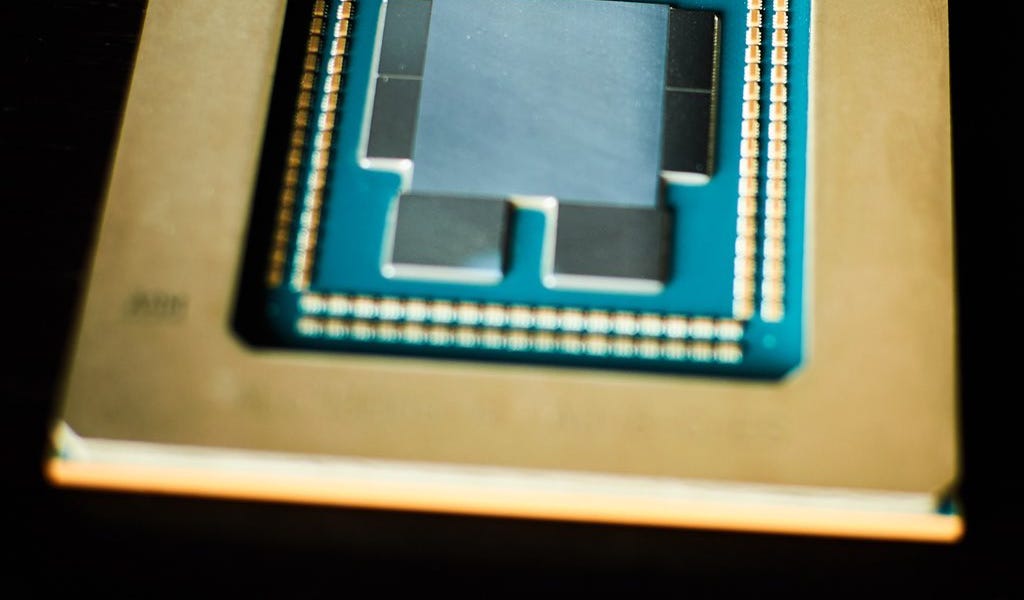Bit weird. X86 or X64 CPU's are good at "everything" but for specific workloads your throwing away effiency.
There are some ARM server CPUs that are also quite versatile. Amazon's Graviton 3 processors have 256-bit SVE, which gives them floating point chops to match their integer performance. Compared to any other server CPU made on a comparable process node (TSMC N7), they're surely the most efficient.
64 cores, with 8-channel DDR5 and PCIe 5.0, in just 100 W.
Shots are being fired at merchant silicon.Amazon's Graviton3 completely commoditizes generalized CPU compute while also bringing advanced packaging, PCIe 5.0, and DDR5 to the server market ~6 months before Intel and AMD.Server and rack level system architecture choices propel Graviton 3 to new...

www.semianalysis.com
And it's already been in service for more than a year!
When you design a chip specific for your type of workload you make huge steps in efficiency. Simple as that.
Partly. I think because Google has their TPUs, they won't bother wasting a lot of die space with wide vector or matrix arithmetic.
Other than that, I would
expect them to simply use ARM Neoverse N2 cores. Then again, considering the timeframe, I really have to wonder if they're make a custom design. Google certainly has the ego to try and undertake such a task, whereas Amazon was very smart not to.
To be honest, if Ampere's new custom cores are any good, I think it would have just been cheaper for Google to acquire that company. Amazon actually bought Annapurna Labs, which is how their Graviton program came into being.



